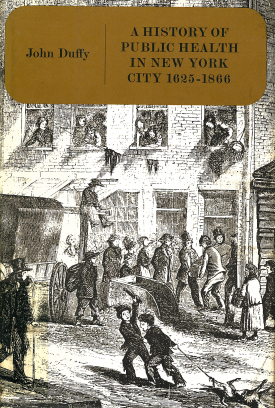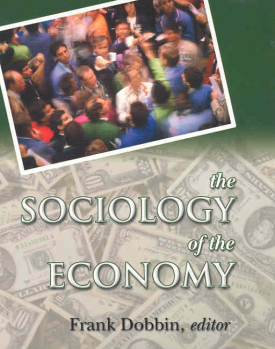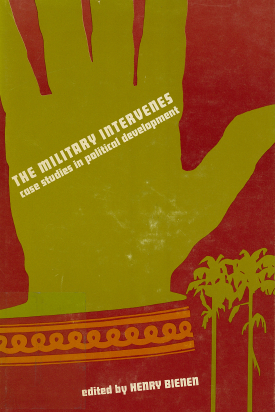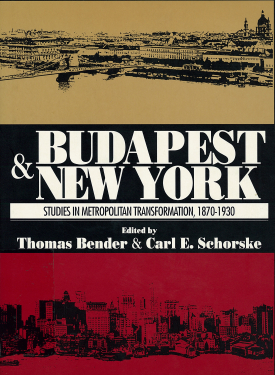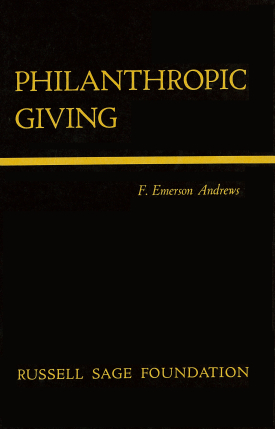Little over a century ago, New York and Budapest were both flourishing cities engaging in spectacular modernization. By 1930, New York had emerged as an innovating cosmopolitan metropolis, while Budapest languished under the conditions that would foster fascism. Budapest and New York explores the increasingly divergent trajectories of these once-similar cities through the perspectives of both Hungarian and American experts in the fields of political, cultural, social and art history. Their original essays illuminate key aspects of urban life that most reveal the turn-of-the-century evolution of New York and Budapest: democratic participation, use of public space, neighborhood ethnicity, and culture high and low.
What comes across most strikingly in these essays is New York's cultivation of social and political pluralism, a trend not found in Budapest. Nationalist ideology exerted tremendous pressure on Budapest's ethnic groups to assimilate to a single Hungarian language and culture. In contrast, New York's ethnic diversity was transmitted through a mass culture that celebrated ethnicity while muting distinct ethnic traditions, making them accessible to a national audience. While Budapest succumbed to the patriotic imperatives of a nation threatened by war, revolution, and fascism, New York, free from such pressures, embraced the variety of its people and transformed its urban ethos into a paradigm for America.
Budapest and New York is the lively story of the making of metropolitan culture in Europe and America, and of the influential relationship between city and nation. In unifying essays, the editors observe comparisons not only between the cities, but in the scholarly outlooks and methodologies of Hungarian and American histories. This volume is a unique urban history. Begun under the unfavorable conditions of a divided world, it represents a breakthrough in cross-cultural, transnational, and interdisciplinary historical work.
THOMAS BENDER is University Professor of the Humanities and professor of history at New York University.
CARL E. SCHORSKE is professor emeritus at Princeton University, and the Pulitzer Prize winning author of Fin-de-Siecle Vienna: Politics and Culture.
CONTRIBUTORS: Thomas Bender, Elizabeth Blackmar, Geza Buzinkay, Wanda M. Corn, Deborah Dash Moore, Philip Fisher, Eva Forgacs, Gabor Gyani, David C. Hammack, Peter Hanak, Neil Harris, Miklos Lacko, Zsuzsa L. Nagy, Roy Rosenzweig, Carl E. Schorske, Robert W. Snyder, and Istvan Teplan.
